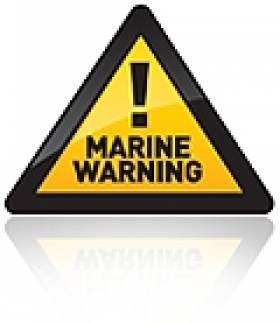Displaying items by tag: Rock Berms
Wind Farm Rock Berms Pose a Hazard for Boaters Says RYA
#MARINE WARNING - As wind farm projects expand around the coasts of the UK and Ireland, the Royal Yachting Association (RYA) has raised concerns about an unexpected hazard for boaters navigating near such installations.
Taking the London Array and Kentish Flats wind farm areas in South East England as a case study, the RYA explains how rock placements, or rock berms, have been put in place to protect the power cables from these arrays at the points where they cross in shallow water.
The RYA warns that as cable crossing become more likely and more frequent, as offshore energy projects expand around the coastline, the potential for accidents is greatly increased.
"It is this cable protection that in shallow waters can reduce underwater clearance and therefore pose a risk to navigational safety," said the RYA.
Referring to the London Array and Kentish Flats specifically, the association said it "was not aware that the cables would have rock protection until we received a notice.
"It would seem that the Marine Management Organisation, Trinity House and the Maritime and Coastguard Agency were also unaware that the developers were placing a rock berm in [the[ area and are investigating how all this happened 'sight unseen' - particularly as it seemed that the original London Array Limited applications had stated that the cables would be trenched."
The RYA has more on the story HERE.




























































